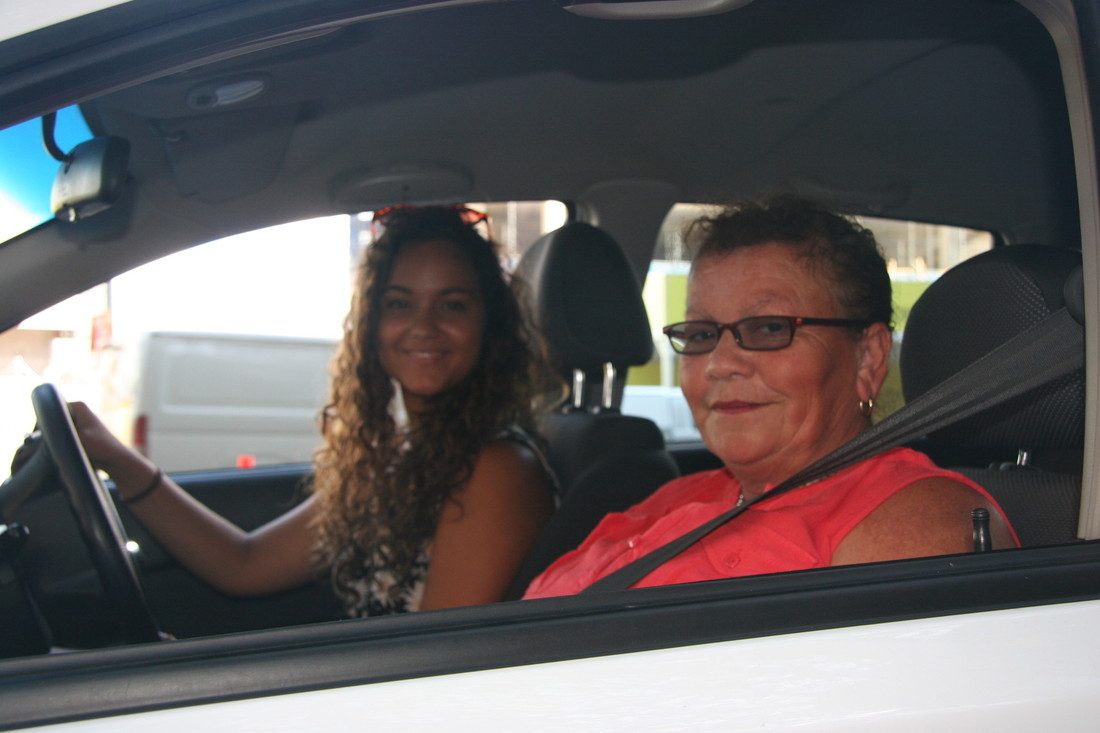Research from The George Institute for Global Health has played a pivotal role in changing medical guidelines for treatment of stroke patients in the United States.
The Intensive Blood Pressure Reduction in Acute Cerebral Haemorrhage Trial (INTERACT 2) had a direct influence over these changes in guidelines that will now see a dramatic shift in treatment, resulting in doctors recommending a more intensive control of blood pressure in all types of patients with haemorrhagic stroke.
The research showed that intensive blood pressure lowering in patients, early after the onset of stroke due to rupture of blood vessels within the brain, reduced the risk of subsequent major disability and improved the chances of recovery by as much as 15 per cent.
Professor Craig Anderson of The George Institute and University of Sydney, and Head of Neurology at Royal Prince Alfred Hospital in Sydney, said these changes in US guidelines speak to the high quality, high impact work of the institute.
“The US stroke guidelines mean a shift in the treatment of hypertension in patients with haemorrhagic stroke, so that they are provided with a safe and more efficient control of elevated blood pressure to improve the likelihood of recovery without serious disability.
“Before now, the main treatment options for this serious type of stroke were simply bed rest, occasional brain surgery, and rehabilitation, with much controversy over whether there were any benefits or harms of early intensive blood pressure lowering treatment to reduce bleeding in the brain. So, our research is a very welcome advance in resolving uncertainty and developing treatment policy.”
Intracerebral haemorrhage, spontaneous bleeding within the brain most often due to hypertension, affects several million people globally each year, kills at least one third of sufferers and leaves most survivors disabled.
“We hope to see hospital emergency departments and stroke services in the United Kingdom and around the world implement the new treatment as soon as possible, with the US being the first to embrace the significance of this research.”
The findings of INTERACT 2 were published in the prestigious New England Medical Journal of Australia in May 2013.


